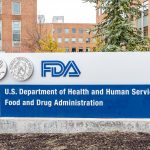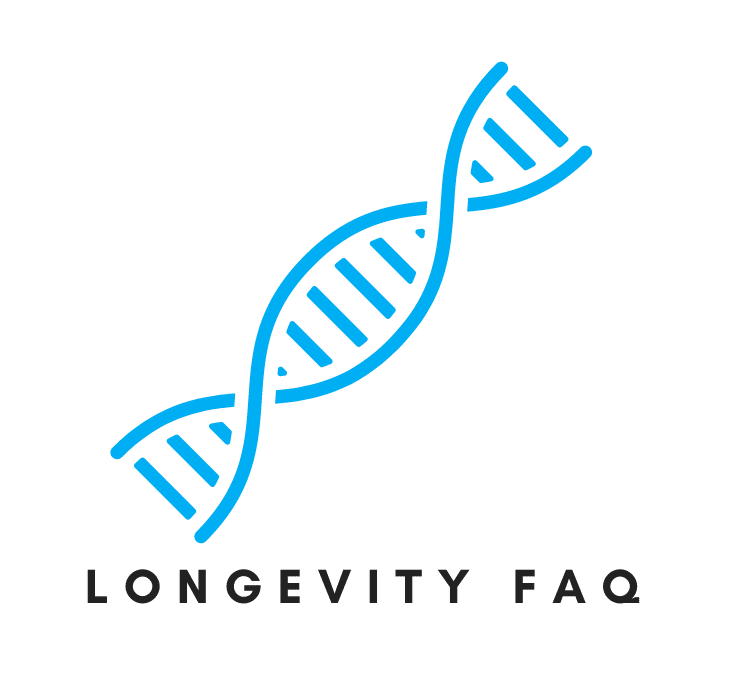
The Food and Drug Administration (FDA) is a US federal agency responsible for protecting public health by regulating and ensuring the safety of various products, including food, drugs, and medical devices. The FDA was created in 1906 (only known by its present name from the 1930s) under President Theodore Roosevelt, following the publication of Upton Sinclair’s novel “The Jungle,” which exposed unsanitary conditions in the meatpacking industry. The idea to establish the FDA was conceived by Dr. Harvey Washington Wiley, who became the agency’s first commissioner.
The FDA was formed to ensure the safety and efficacy of products consumed by the general public, reducing the risk of harm and improving overall public health. It plays a vital role in regulating the food and drug industries, enforcing laws and regulations, and conducting research to support its mission.
Below is a great video I found that outlines what the FDA regulates.
Some of the laws enforced by the FDA include:
- The Federal Food, Drug, and Cosmetic Act (1938) expanded the FDA’s authority to regulate cosmetics, medical devices, and food and drugs.
- The Dietary Supplement Health and Education Act (DSHEA, 1994) established a regulatory framework for dietary supplements and allowed them to be sold without prior FDA approval.
- The Family Smoking Prevention and Tobacco Control Act (2009): This law granted the FDA authority to regulate tobacco products, including cigarettes, smokeless tobacco, and e-cigarettes.
The FDA works closely with various organizations and companies, including:
- Centers for Disease Control and Prevention (CDC)
- National Institutes of Health (NIH)
- World Health Organization (WHO)
- Pharmaceutical and medical device manufacturers
In addition, the FDA collaborates with international counterparts to ensure the safety and efficacy of products globally. Some of these organizations are:
- Therapeutic Goods Administration (TGA) in Australia
- Health Canada
- Medicines and Healthcare Products Regulatory Agency (MHRA) in the United Kingdom
- European Medicines Agency (EMA) in the European Union
These collaborations involve sharing information, conducting joint inspections, and harmonizing regulations to maintain high public health standards.
The FDA has faced opposition from various groups, including companies, organizations, non-governmental organizations (NGOs), and famous individuals, who argue that the agency’s regulations can be overly restrictive, stifle innovation, or fail to protect public health adequately. Some examples of opposition include criticism from the natural health industry regarding regulating supplements and public figures advocating for faster approval of experimental treatments for life-threatening diseases.
Some individuals and groups have raised concerns about the potential influence of pharmaceutical companies on the FDA’s decision-making process. These concerns stem from the perception that the financial interests of drug manufacturers may compromise the FDA’s ability to make unbiased, scientifically sound decisions regarding the approval and regulation of medications. Critics argue that this alleged influence could result in the approval of drugs with insufficient safety and efficacy data or the suppression of information about potential side effects. To address these concerns and maintain public trust, the FDA has implemented measures to increase transparency and reduce potential conflicts of interest in its processes.
« Back to Glossary Index